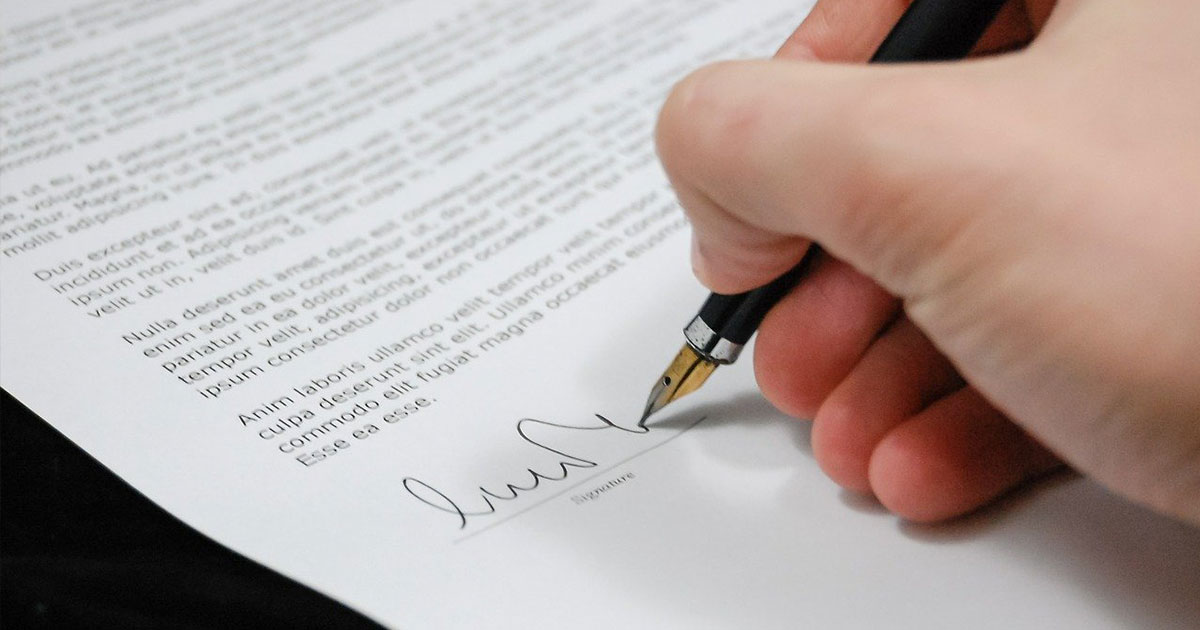Your New Jersey Estate Planning Checklist

Estate planning is one of the best ways to set your affairs in order so you can protect what matters most, even in the event of an untimely death. When you draft a will and take other steps of the estate planning process, you should consider how you want to distribute your resources and minimize loss to taxation.
Additionally, estate planning may seem overwhelming, but it’s necessary. Our estate planning checklist can help you tackle the process.
Avoid Common Mistakes With Our Estate Planning Checklist
Estate planning is a necessary tool for people of all wealth levels
Even if you don’t have a massive estate to distribute upon your death, you’ll want to make it easy for your survivors to wrap up your affairs. If you don’t take the necessary steps during life, your assets could get stuck in probate court or distributed improperly.
In addition to planning where to allocate your financial assets, you should consider your property and even your online presence or digital assets in your estate planning.
Plan for incapacity as well as death
You might think of estate planning in terms of how you’ll allocate your assets after you die, but it’s equally important to consider how you’ll transfer decision-making and asset access to a power of attorney.
You can also establish an advance health care directive to make it clear how you want your affairs to be handled in the event of your incapacity.
Consider childcare
It’s important to make a plan that accounts for your children’s care if you die before they become independent. You can establish a guardian and then set money aside in a trust to ensure the guardian will have the funds to adequately care for your children.
Write a letter of intent
Letters of intent are less important than wills or trusts and often aren’t recognized at the state level. However, it’s a good idea to write a letter to your executor or beneficiary detailing how you want your affairs to be managed in the event that your will is invalid, or your assets get hung up in probate court.
Name a beneficiary
Your insurance plans may not be included in your will, but you still want to ensure your funds go to the right person. Name a mentally sound beneficiary at least 21 years old to your insurance and 401(k) plans.
You should also assign a contingent beneficiary to protect your assets in the event that your primary beneficiary dies or becomes mentally unfit before your funds can be allocated.
Don’t do it alone
Estate planning requires meticulous documentation, and everything must be done according to state law to ensure the documents hold up legally. It’s important to get legal help as you draft and sign the important documents associated with estate planning.
What you’ll need to consider for New Jersey estate planning will differ from estate planning in other states, so it’s important that you get legal advice from experts well-versed in New Jersey law.
Contact Lyons and Associates, P.C. or call (908) 575-9777 for a free consultation. Our experienced attorneys make estate planning simple and water-tight so you can have peace-of-mind with your affairs in order.


